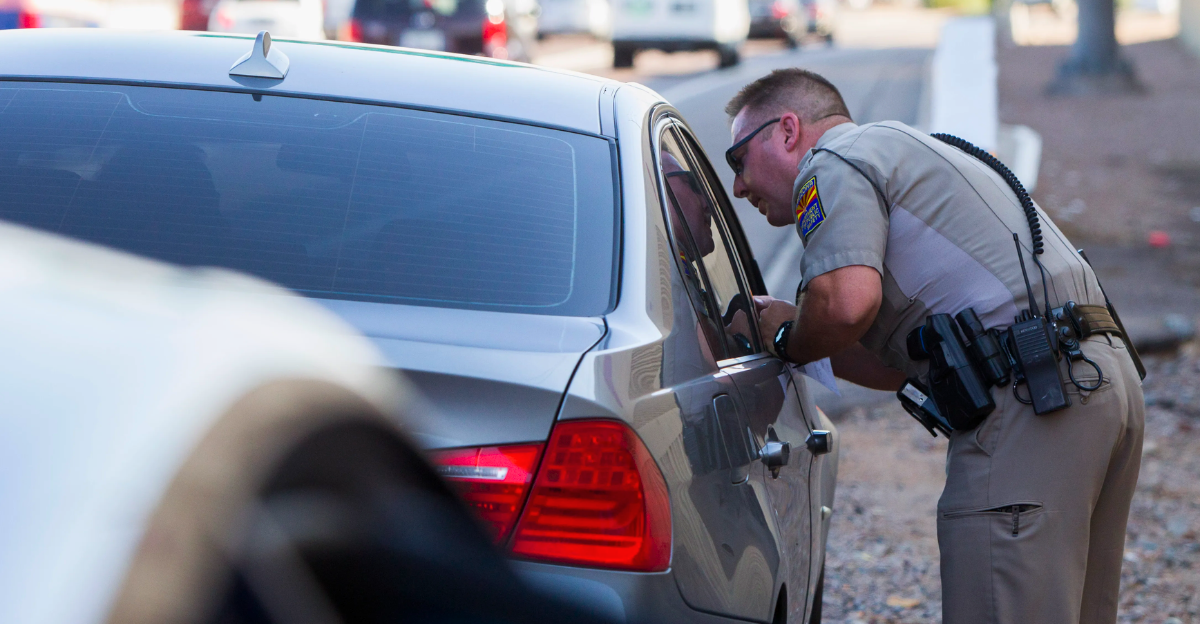
On July 1, Virginia enacted one of its biggest traffic safety changes in years: every adult in the car must now wear a seat belt, no matter where they’re sitting. The $25 fine applies to each unbuckled adult. For a state that had ranked dead last in seat belt use, the law marked a turning point. Named after a teen who died unrestrained, it gave state troopers new power, and started a shift Virginia drivers can’t ignore.
One Crash That Changed the Law Forever
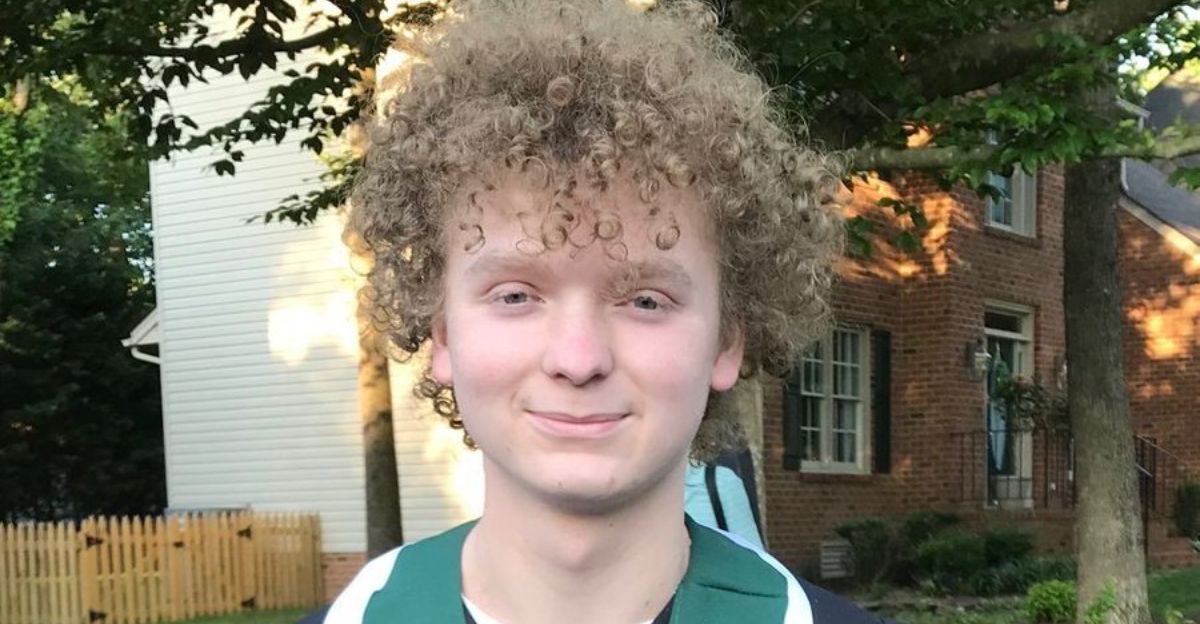
Christopher King had just graduated high school when he got into a friend’s convertible. It was July 4th weekend, 2020. The driver was going 80 mph in a 30-mph zone and lost control. Christopher, unbuckled in the back, was thrown from the car and died. Everyone else survived. His mom, Christy King, said he usually wore a seat belt. That one time cost him his life. The crash exposed a gap in Virginia law that lawmakers couldn’t ignore.
A Mother’s Fight That Wouldn’t Stop
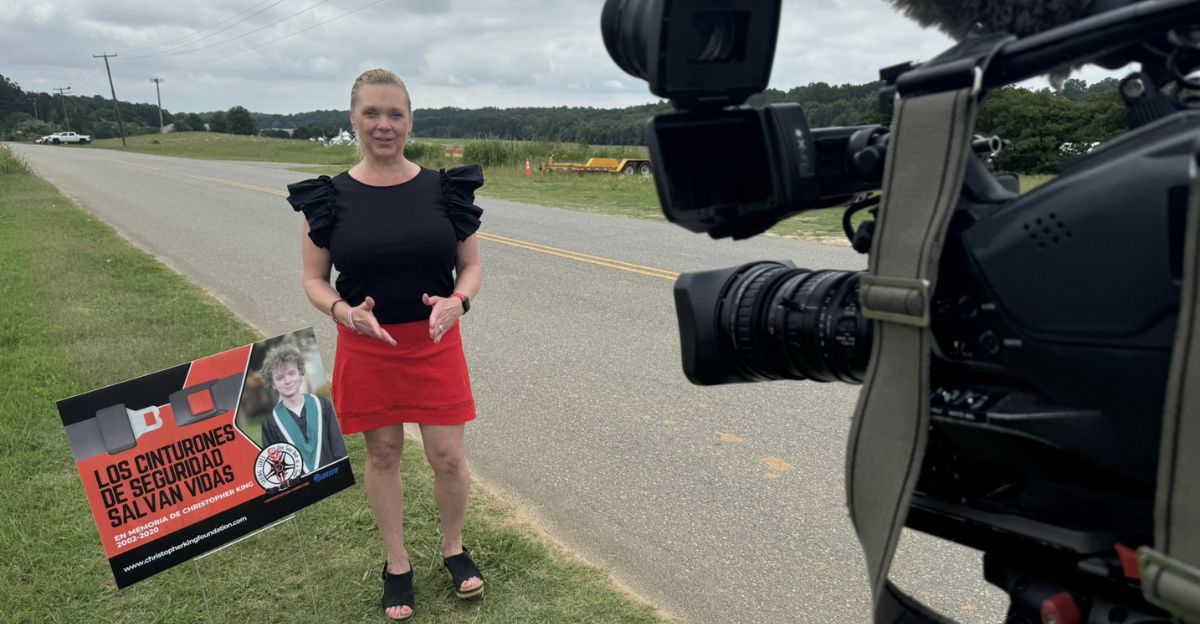
After losing her son, Christy King turned heartbreak into action. She learned Virginia had the lowest seat belt use in the U.S., just 73%. She founded the Christopher King Foundation and began speaking at schools and lobbying lawmakers. Her efforts helped pass House Bill 2475. Governor Glenn Youngkin signed it in March 2025. The law took effect just days before the fifth anniversary of Christopher’s death. Christy’s mission was simple: “I had to save lives,” she told reporters.
What the New Law Actually Says
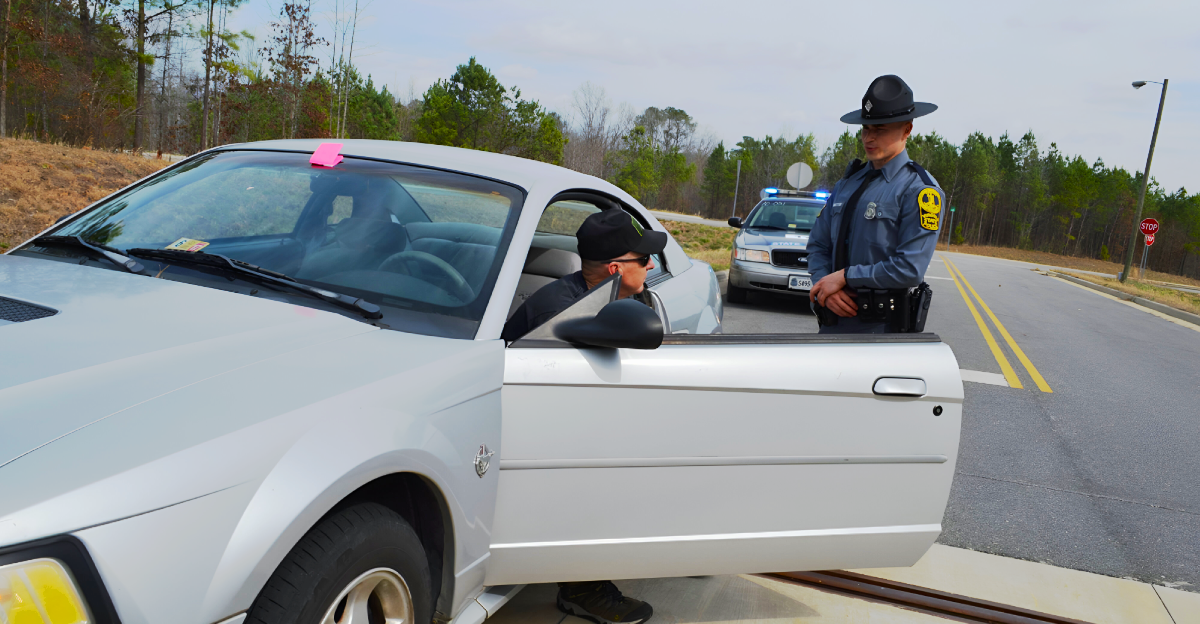
The new law requires every adult in a moving car to buckle up, whether they’re in the front or back seat. House Bill 2475 updated Virginia Code Section 46.2-1094, closing the old loophole. Before, only front-seat adults were required to wear seat belts. Now, if you’re 18 or older and riding anywhere in the vehicle, you must be buckled. The fine is $25 for each unbuckled person. Drivers can now be fined multiple times in one stop.
Why You Won’t Get Pulled Over Just for This
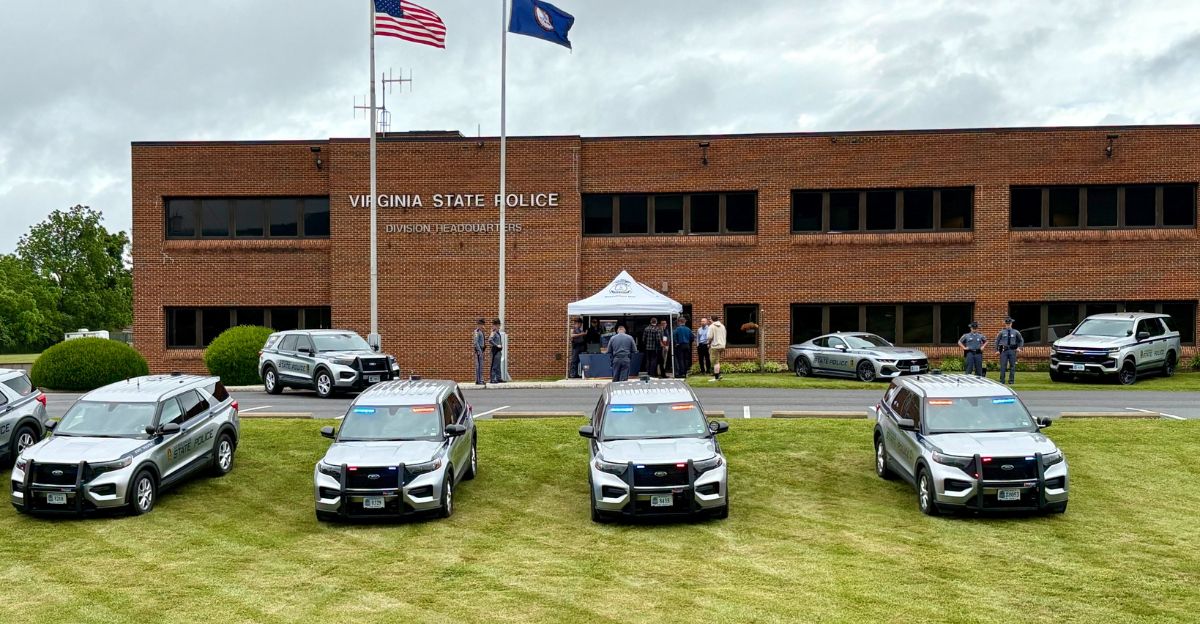
Virginia’s law is still what’s called “secondary enforcement.” This means police can’t stop you just for not wearing a seat belt. They need another reason first, like speeding or a broken taillight. According to State Police Superintendent Colonel Matthew Hanley, this limits how often officers can issue seat belt tickets. But during campaigns like “Click It or Ticket,” troopers run focused patrols. That’s when you’re more likely to get caught for both driving issues and seat belt violations.
Where the Fine Money Actually Goes

Seat belt fines in Virginia go into something called the Literary Fund, which helps public schools. According to the Virginia Department of Education, this money supports school construction, tech upgrades, and teacher retirement programs. In 2012, the state reported over $95 million collected from motor vehicle violations. So, while the fine might seem small, the dollars add up fast. It’s one of the few traffic laws where enforcement helps education too. And that brings us to Virginia’s big problem.
Virginia Had the Worst Seat Belt Numbers in the U.S.
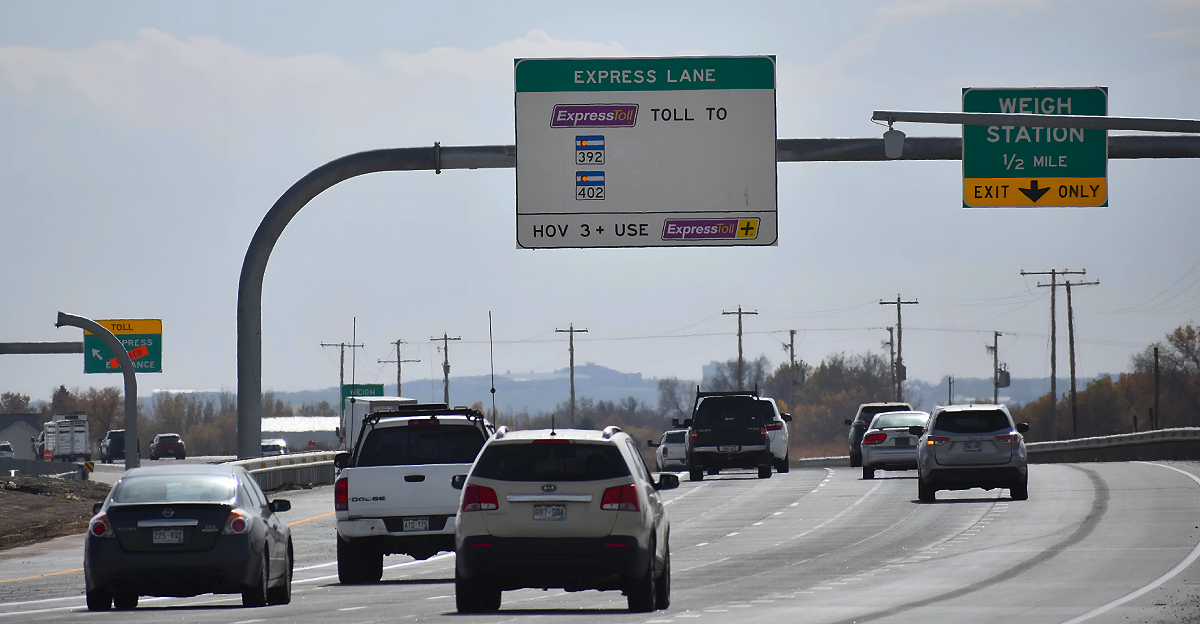
In 2023, just 73.2% of Virginians wore seat belts, worst in the country, according to the National Highway Traffic Safety Administration. The national average was 91.9%. Even New Hampshire, which has no adult seat belt law, did better. Virginia’s numbers dropped during the pandemic and never bounced back. In a 2024 survey, compliance improved slightly to 81.1%, but it still lagged far behind other states. Troopers say this helped explain the state’s high number of traffic deaths.
The Real Toll: Shocking Stats Behind the Law
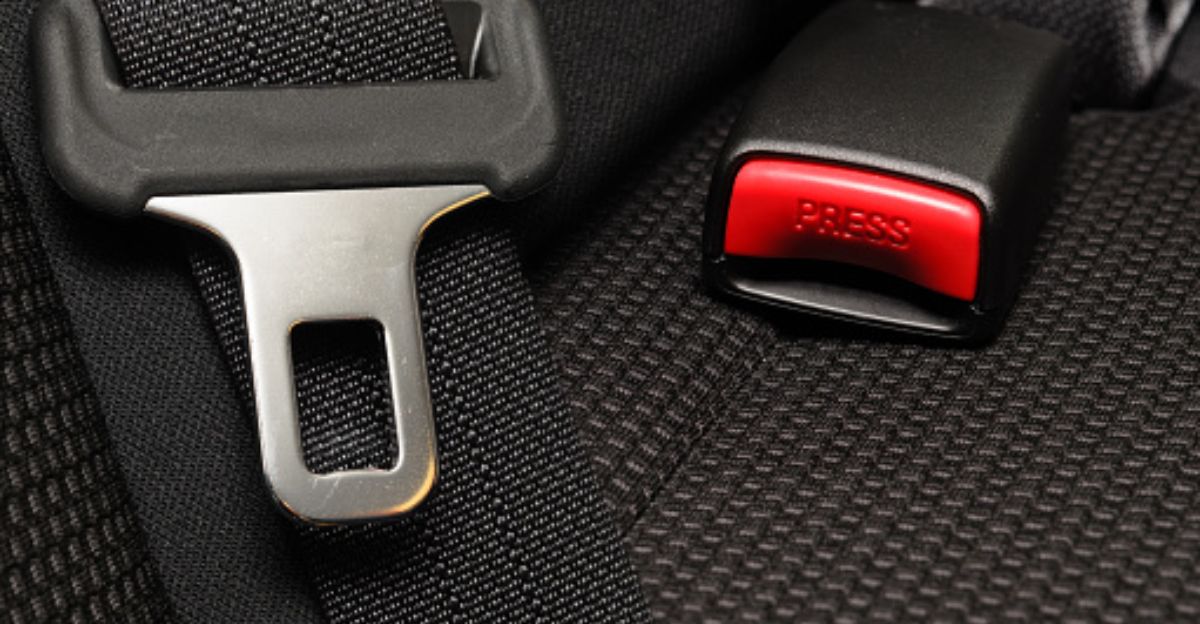
The data is alarming. Nearly 60% of people who died in the back seat in 2023 weren’t wearing seat belts, says the NHTSA. In Virginia, 335 unrestrained people died in 2024 crashes, half of all deaths in vehicles with seat belts. The Insurance Institute for Highway Safety (IIHS) says rear-seat passengers are more likely to die when not buckled. The back seat isn’t automatically safe anymore. That’s one reason experts pushed so hard for the new law.
State Troopers Aren’t Taking Chances This Summer
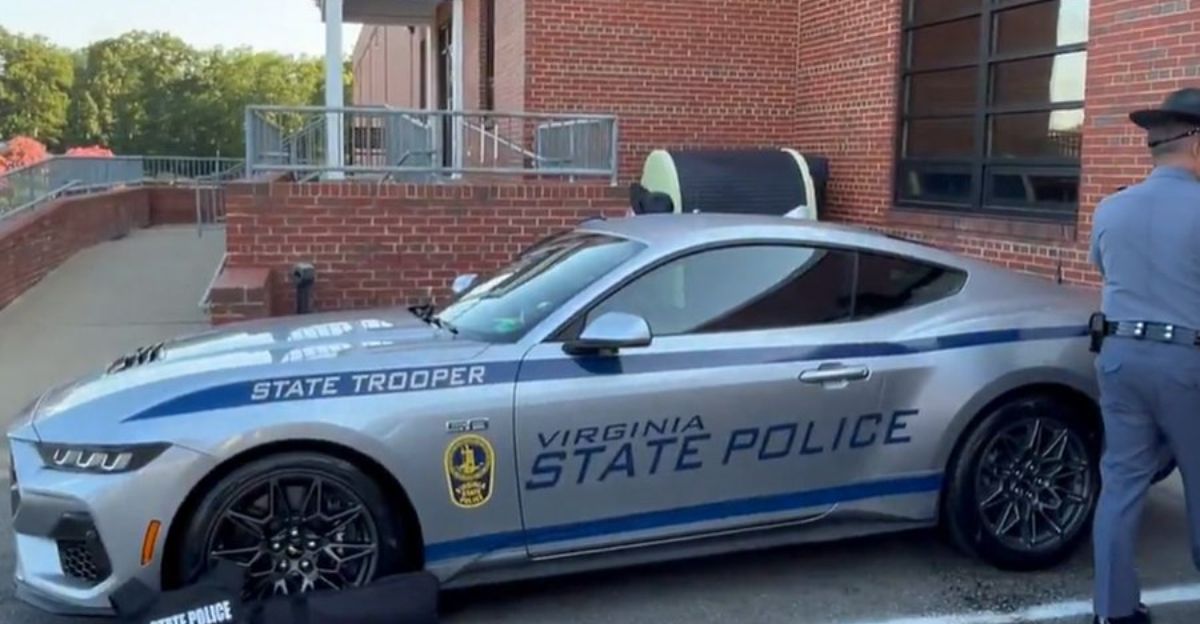
Virginia State Police didn’t hesitate starting high-visibility patrols targeting seat belt violations under the new law. Troopers focused on highways and crash-prone areas, especially during busy travel weekends. These operations are designed to raise awareness and show drivers the law is active, and that enforcement is serious.
Local Police Join the Fight to Save Lives
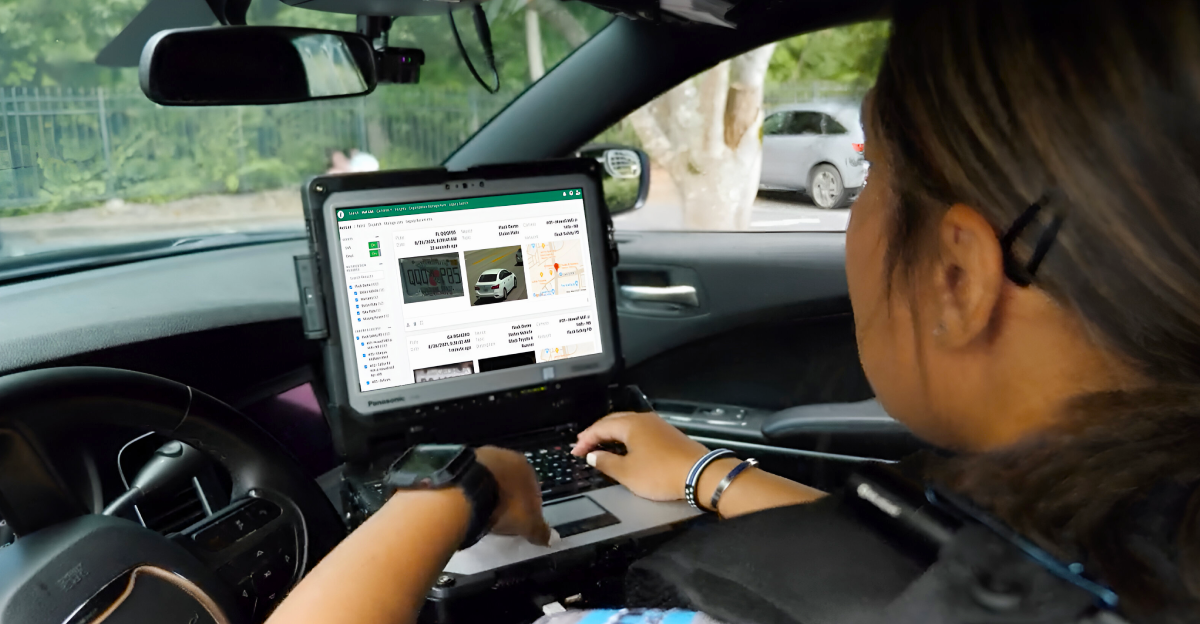
It’s not just state troopers enforcing the new law. Chesterfield County Police and other local departments launched their own crackdowns, targeting areas where crashes often happen. Officers say seat belt violations frequently go hand-in-hand with risky behaviors like drunk or distracted driving. These local patrols aim to stop preventable tragedies before they happen, and help build safer roads one stop at a time.
Experts Say the Back Seat Isn’t as Safe as You Think

The Insurance Institute for Highway Safety has raised red flags for years. According to IIHS engineer Jessica Jermakian, many people die in crashes they could survive, if they were buckled. Front seats have new tech like crash tensioners and force limiters. Rear seats usually don’t. In tests of 15 small SUVs, only two had strong rear-seat safety. Nine got the worst “poor” rating. Safety experts say the new law was a needed step, but there’s more to do.
AAA Backs the Law—and Brings the Numbers

AAA Mid-Atlantic supported Virginia’s updated seat belt law, citing clear research. Wearing a seat belt cuts the risk of death by 45% in the front seat and even more in the back. Morgan Dean and Martha Meade from AAA noted that most deadly crashes happen near home, at low speeds. They also said unbuckled adults can injure children in the car. With more drivers on the road this summer, the new law arrived just in time.
Medical and Professional Exemptions Explained
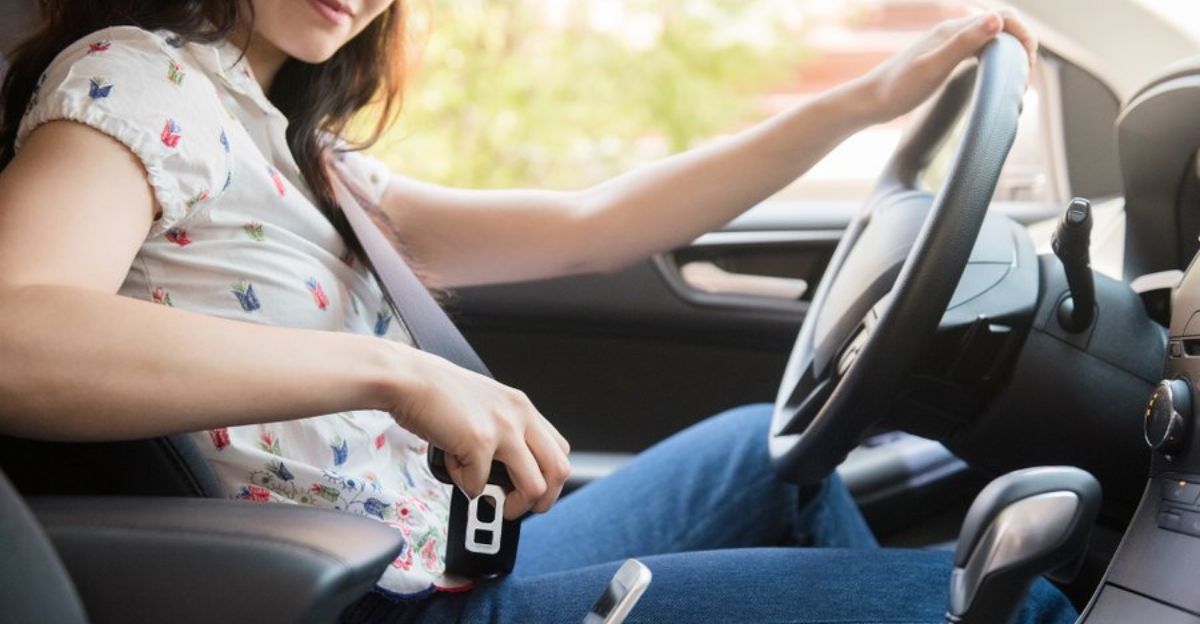
Some adults are exempt from Virginia’s seat belt law for medical or job-related reasons. People with physical conditions can skip the seat belt if they carry a signed note from a licensed doctor. Police officers don’t have to buckle up while transporting someone in custody, and rural mail carriers on official routes are also exempt. These carve-outs follow national norms and reflect situations where buckling up isn’t always practical or possible.
What About Kids and Taxis?
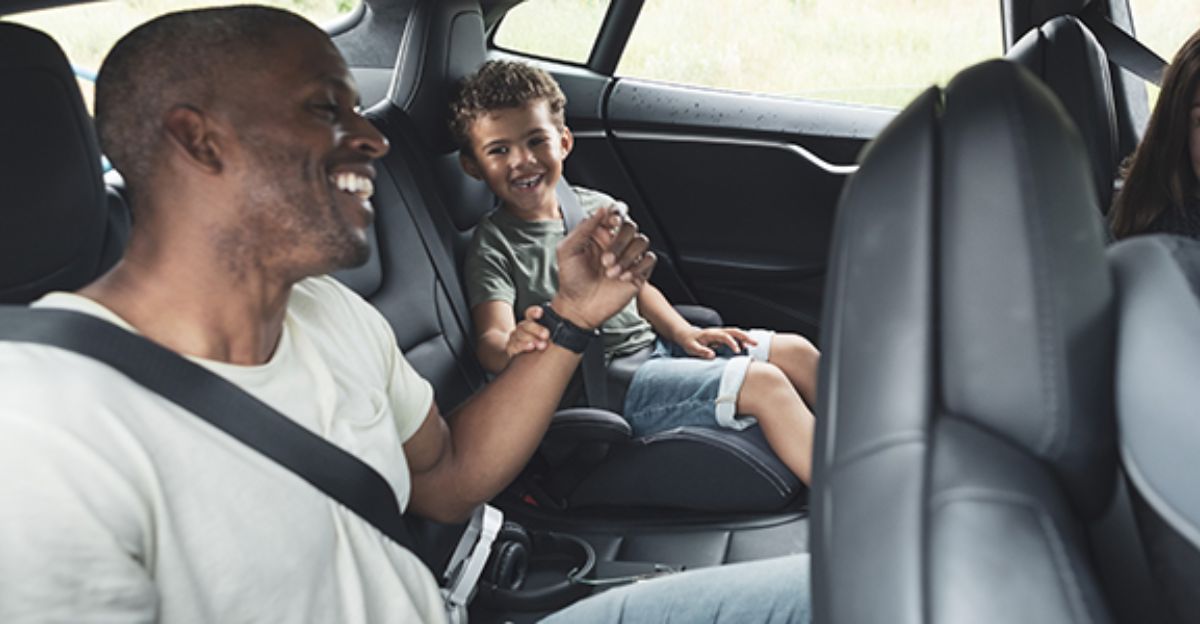
Children under 18 aren’t covered by the new law, instead they follow Virginia’s existing child safety seat rules, which are stricter. Some taxi passengers are also exempt, depending on the vehicle and setup. These exceptions line up with what other states allow. The goal of the law remains clear: cover as many riders as possible without ignoring real-world situations where full compliance isn’t always feasible.
What Troopers on the Ground Are Saying
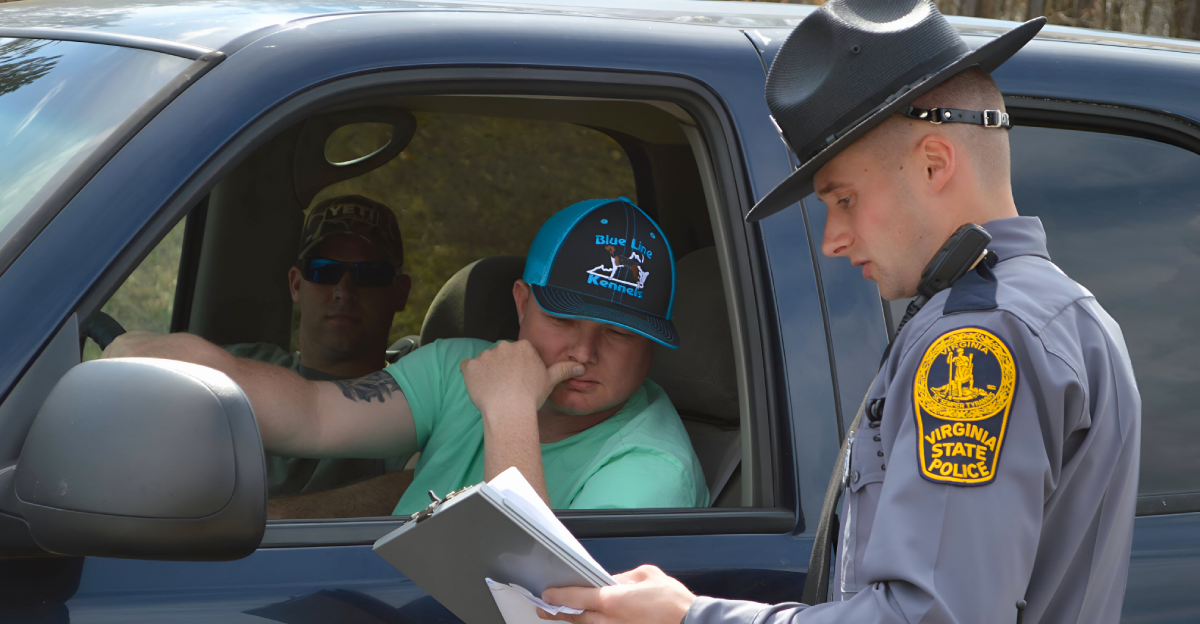
Troopers say they’ve seen too many lives lost because of unbuckled passengers. Senior Trooper Brett Southern says every road, rural or busy, can be deadly if you’re not restrained. Sergeant Rick Garletts noted that in his region, half of the early 2022 traffic deaths involved unbuckled victims. Chesterfield Police Chief Frank Carpenter has also made this a department priority. Troopers say seat belt checks often reveal deeper dangers, like drunk or distracted drivers.
Culture Change Starts with Everyday Drivers

Changing seat belt habits starts with drivers and families, not just law enforcement. According to Drive Smart Virginia, when a driver isn’t buckled, the kids usually aren’t either, about 70% of the time. DMV Commissioner Gerald Lackey says wearing a seat belt shows “you care.” Groups like the Virginia Farm Bureau and local schools are spreading that message. The goal isn’t just following the law; it’s building a safety-first mindset that sticks across generations.
How to Make Safety a Habit
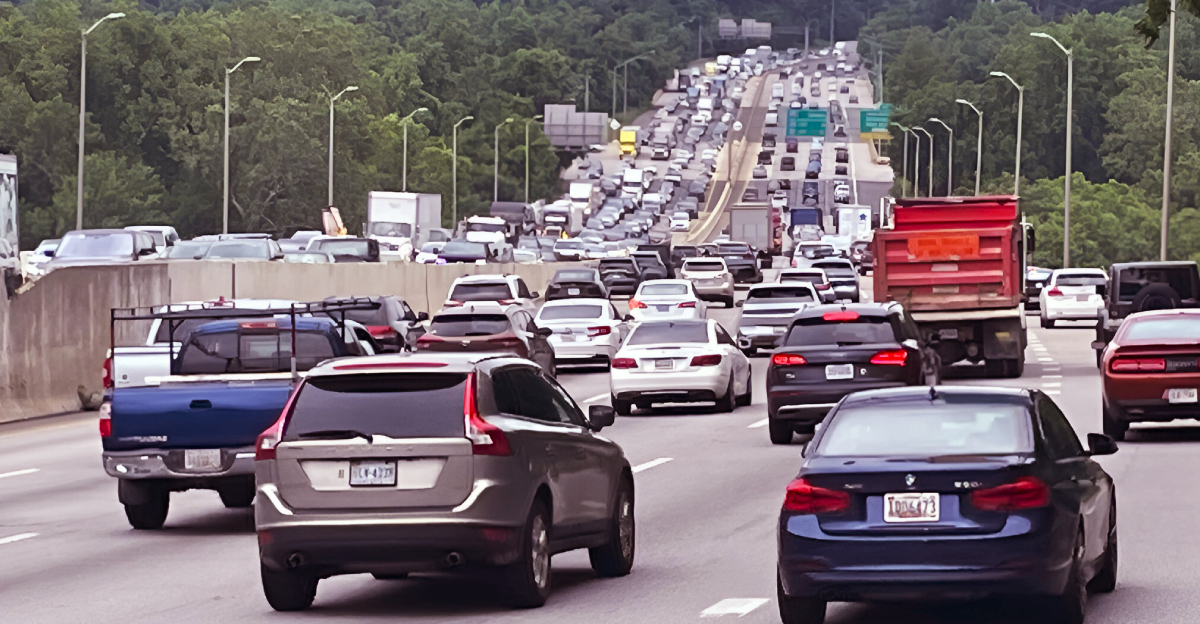
Making seat belt use automatic starts with consistent action. Drivers should always buckle up first, ask others to do the same, and explain why it matters, especially to teens. Keep reminders simple: no belt, no ride. Set expectations early and stick to them. Experts say the more often families talk about safety, the more likely it becomes second nature. Habit-building doesn’t require laws; it takes leadership in your own car, every time you drive.
What’s Next: Push for Primary Enforcement

The Christopher King Foundation is still pushing for more. Right now, Virginia officers can’t stop a car just because someone isn’t buckled. Safety experts say switching to “primary enforcement” could raise seat belt use by up to 14 percentage points. Lawmakers and troopers are preparing for stronger patrols and updated training. Some hope that tech tools—like cameras and crash alerts, could support enforcement too. For now, the goal is clear: get more Virginians to buckle up.
A Life-Saving Law Built on Love and Loss
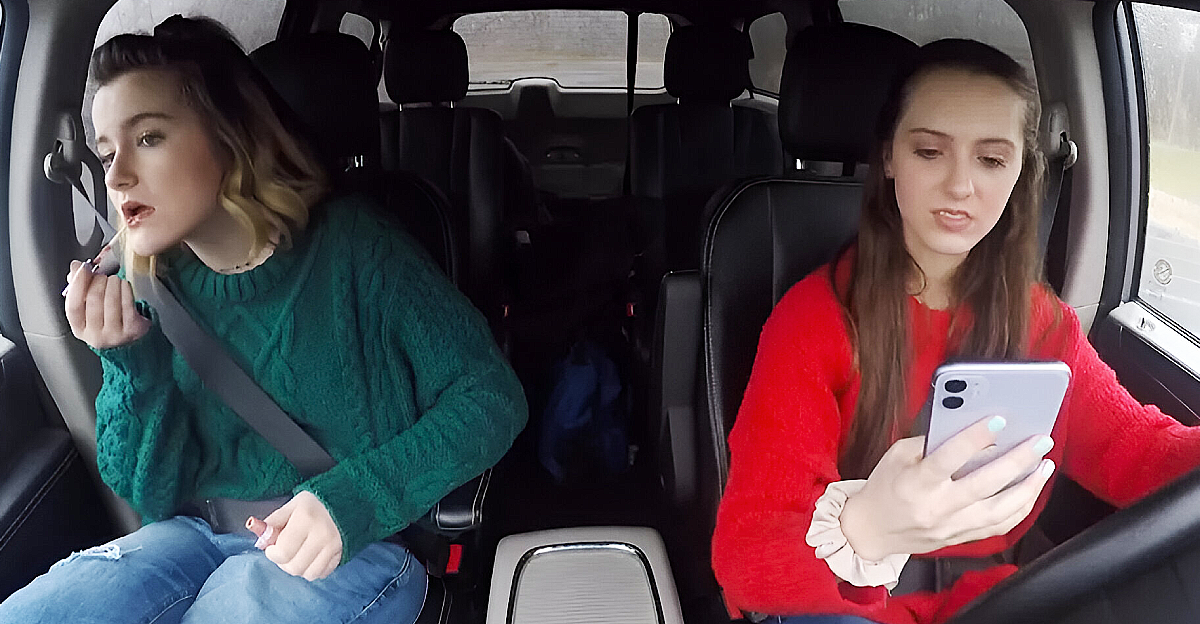
The Christopher King Seat Belt Law is more than new legislation—it’s a legacy. It turns a mother’s grief into real change. Each $25 fine now funds Virginia’s public schools and reminds drivers that safety takes just seconds. Troopers now have the power to act, but real success depends on drivers making seat belt use automatic. Every seat, every person, every time. That’s the message. Because no trip is worth a life that could have been saved by clicking in.
A Powerful Reminder from Families and Experts
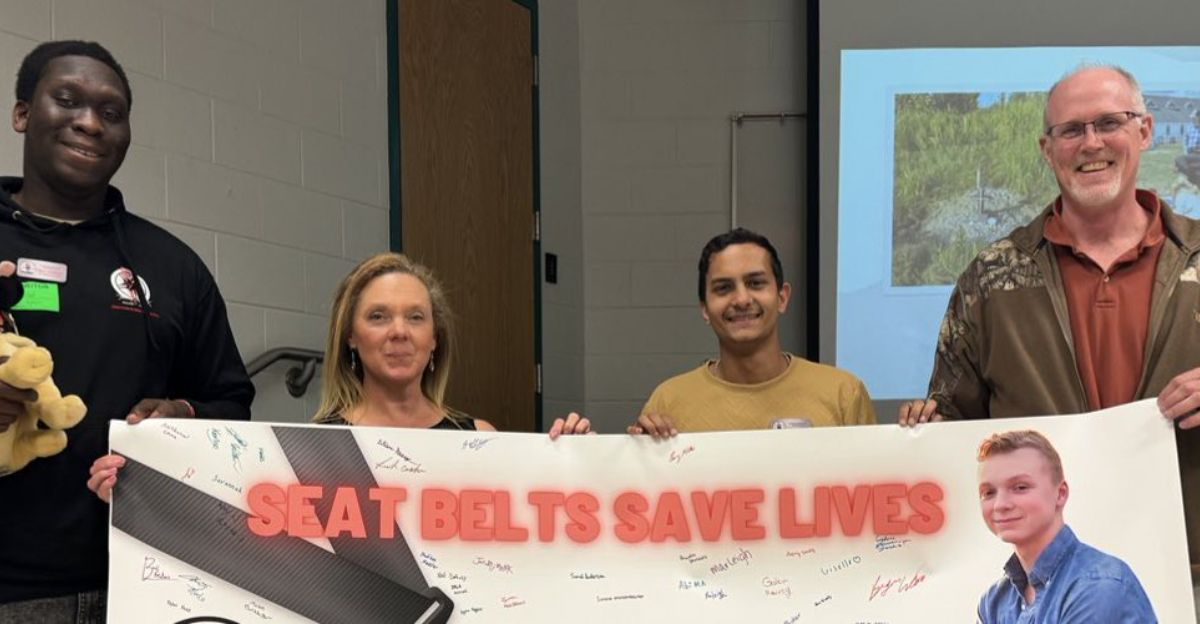
Christy King, mother of Christopher King, spoke at a recent campaign event, sharing the personal cost behind Virginia’s new law. “We lost Christopher because he wasn’t buckled up,” she said. AAA Mid-Atlantic’s Morgan Dean warned that with more drivers on the road this summer, over 1 million Virginians expected to travel far, crash risks rise. She stressed, “You can’t control others, but you can control what happens inside your car. Buckle up and keep everyone safe.”